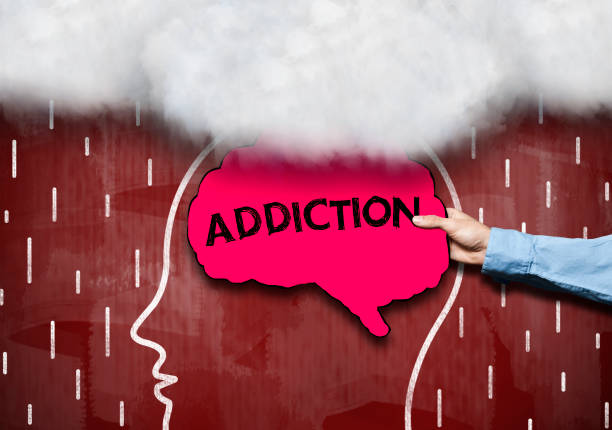Drug and alcohol addiction is a brain disease that induces physiological and physical changes in the brain. The addiction and the brain regulate the memory, thoughts, speech, movement of the limbs, and the process of many organs within the body. Alcohol and drugs affect the brain’s neurotransmitters, which discharge an excess level of dopamine, resulting in temporary pleasurable emotions and euphoria. However, the brain ultimately adapts to the amount of alcohol or drugs used, making the sought-after substance or activity less pleasing. At that point, drug or alcohol addiction develops, and brain damage becomes more evident.
How Does Drug and Alcohol Brain Damage Occur?
Some drugs have toxic consequences that can kill neurons in the brain. Several of these cells will not be replaced. At the same time, modifications to connections between neurons in the brain may not be enduring; some last for years. The brain controls emotions, breathing, temperature, decision-making, and coordination. This significant organ also influences physical sensations in the body, cravings, feelings, habits, and compulsions. Under the impact of a potent but toxic chemical, individuals abusing substances can alter the operation of the brain.

Drugs come in contact with the limbic system to discharge strong feel-good emotions, influencing the individual’s mind and body. The brain rewards the body when the person does something that brings pleasure. Thus, individuals continue using drugs to support the extreme feel-good emotions the brain releases, developing a cycle of drug use and intense highs. Finally, they take the medication just to feel normal.
Drugs addiction and brain affect organ processes and can lead to liver failure, heart disease, kidney failure, types of cancer, overdose, and death. Additionally, alcohol and drug brain damage influence the ability to form and store crucial memories. Neurological harm is associated with almost all drugs or alcohol, and chronic use can lead to drug and alcohol brain damage.
How Different Drugs of Abuse Affect Your Brain?
Although brain modifications are similar, different drugs cause different consequences. They also can induce various long-term changes in your brain. For example:
Alcohol
Alcohol induces feelings of pleasure and relaxation. However, it also causes slowed reaction time, slurred speech, and loss of inhibition. Binge drinking can result in loss of memory, that is, a blackout. Long-term use of alcohol can result in seizures and permanent brain damage.
Opioids
Opioids result in brain changes by acting like dopamine. One of the significant changes is pain reduction. That is why opioids are frequently used to treat pain. Opioids also result in drowsiness, euphoria, nausea, constipation, and slowed breathing. Tolerance to opioids houses quickly.
Amphetamines And Cocaine
Amphetamines and cocaine result in the release of large quantities of dopamine. This causes a euphoric rush. Other consequences are confusion, anxiety, insomnia, and loss of appetite. While rapid breathing, increased energy, and rapid heart rate, increased blood pressure are other effects—long-term abuse results in clumsiness, loss of ability, and weight loss.
Marijuana
Marijuana acts like dopamine in the brain Marijuana results in euphoria and relaxation. It also induces increased appetite. There is some research on the long-term use of marijuana, beginning at an early age, which can influence memory and intelligence. In some people, marijuana can lead to brain and addiction and can result in withdrawal symptoms. These may be insomnia, irritability, cravings, and decreased appetite.
Because these drugs induce physical modifications to the brain, a person can’t simply choose to stop using them. These addictions need medical treatment to help a person get off the toxic drugs and stay off them. The person should talk to the doctor if they’re concerned about their drug use or that of a loved one so that they can seek effective treatment as soon as possible.
What Are The Advantages Of Substance Abuse Treatment?
Although one may comprehend the cycle of addiction and how it alters your brain, it may be hard to stop using alcohol and drugs alone. Changes will take time and commitment to have the best success in recovery. Nonetheless, the best method for ending the dependence on alcohol or drugs is to enter into a drug addiction treatment program. Then, one will not only quit alcohol and drug addiction and the brain damage but will also:
- Deter future relapse: The team of doctors will work with the person to formulate strategies to ensure long-lasting recovery.
- Rebuild damaged relationships: Addiction to alcohol or drugs often harms relationships with family or friends. When a person enters a treatment program, they can reconnect with their loved ones.
- Improve self-confidence: As a person progresses through treatment at an addiction treatment center, they rediscover their inner strength and resilience.
- Specify triggers: Triggers are places or people that cause the person to want to abuse alcohol or drugs. When a person is in a substance abuse treatment program, they label their triggers and create methods to avoid them.